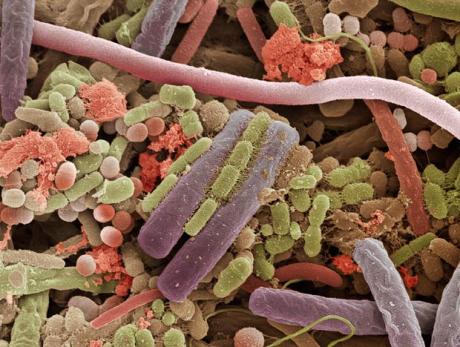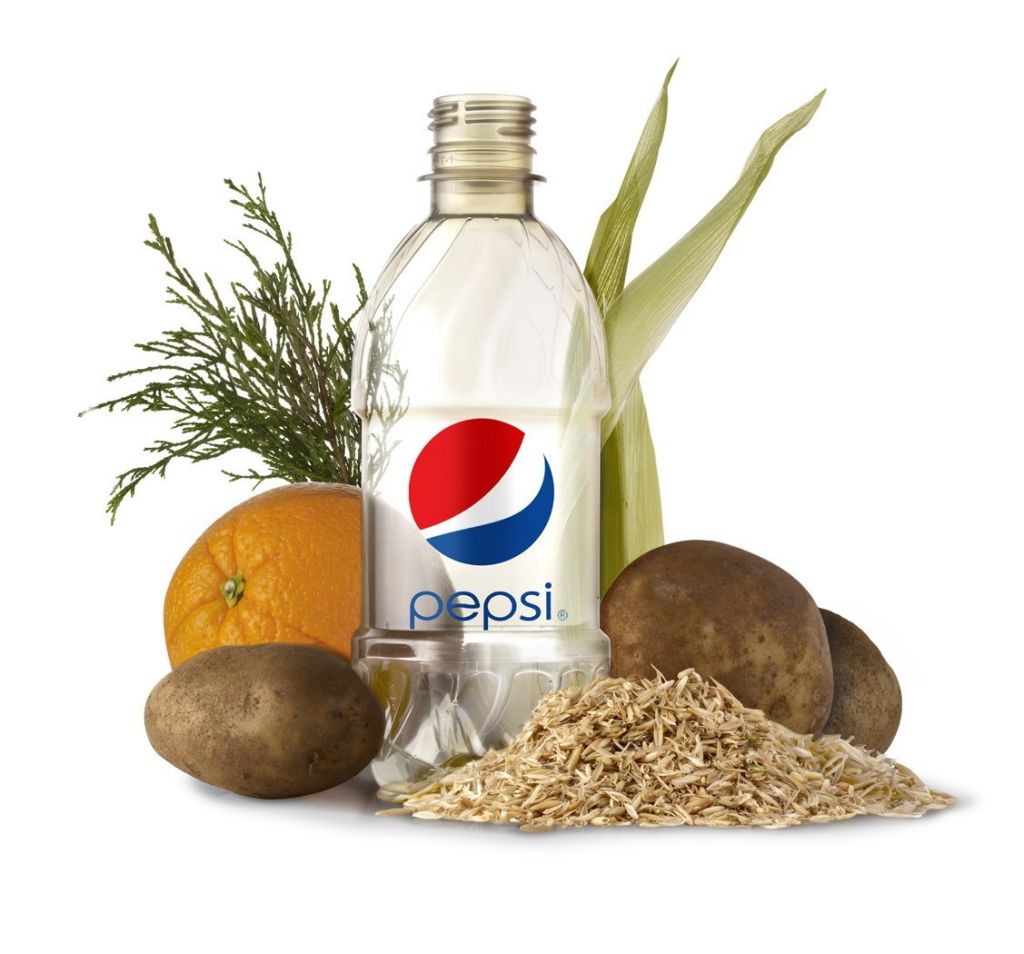- Written by PunithaV ECE
- Hits: 2827
Dirt: the Filthy Reality of Everyday Life
Bacteria – and lots of them – are essential to the health and smooth functioning of the human body. Dirt, it is generally agreed, is a Bad Thing that may seem repellent, but without their contents, we would be in deep trouble. Every one of us is less human than we were on the day we were born. We emerged sterile into the world but, within minutes, were invaded by billions of bacteria. Those creatures still pass through in vast numbers. Each adult has ten times as many in their guts as they have cells of their own. Billions more live in the nooks and crannies of the skin, the mouth and elsewhere. We bear a kilogram’s worth of internal aliens. Every assembly is as unique as a fingerprint (and has been used by the police to see whose hands have been on a computer keyboard).
There are rules about who lives where. The forehead supports a community distinct from the arm, and the leg from the foot. Mouth and stomach are distinct and each has fewer types of bacterium than do other sites (for some reason, the back of the knee is particularly diverse).Such creatures are a forgotten organ, as essential as the liver. In the large intestine, they break down indigestible plant tissues for their own use – and make soluble chemicals soaked up by our guts. They also destroy harmful bacteria. Their chemical signals help the gut to develop and prime the immune system. Germ-free mice do not thrive: their immune system is feeble, their bowels do not move as they should, and they are generally unhealthy. Such animals are also anxious and obsessive. Our internal bacteria make plenty of the nerve transmitters associated with mood, and inner filthiness may even play a part in keeping us cheerful.
The developed world is in the midst of an attack of conditions in which the body’s defences fail to respond properly to external enemies. They include allergies, multiple sclerosis, juvenile onset diabetes and irritable bowel syndrome, in all which the immune system turns upon itself. Too much hygiene can be harmful


